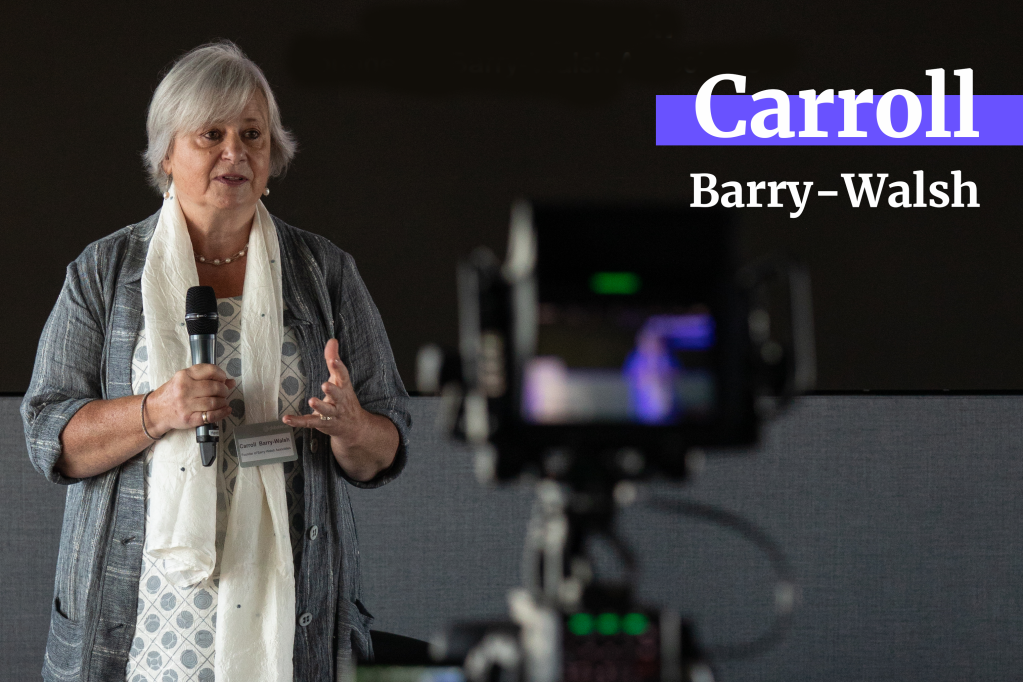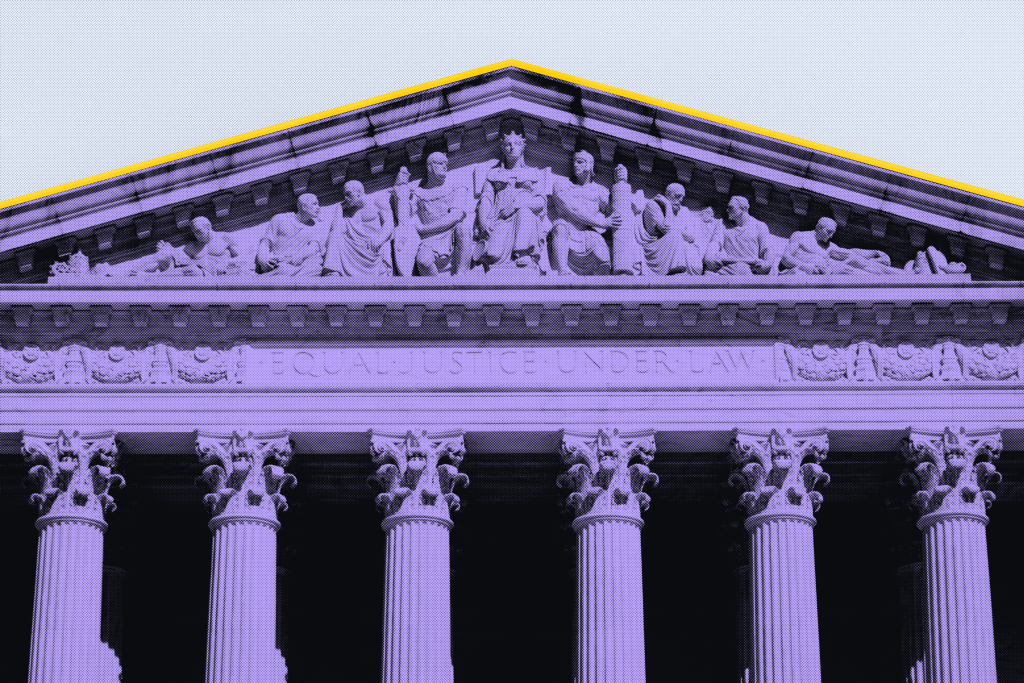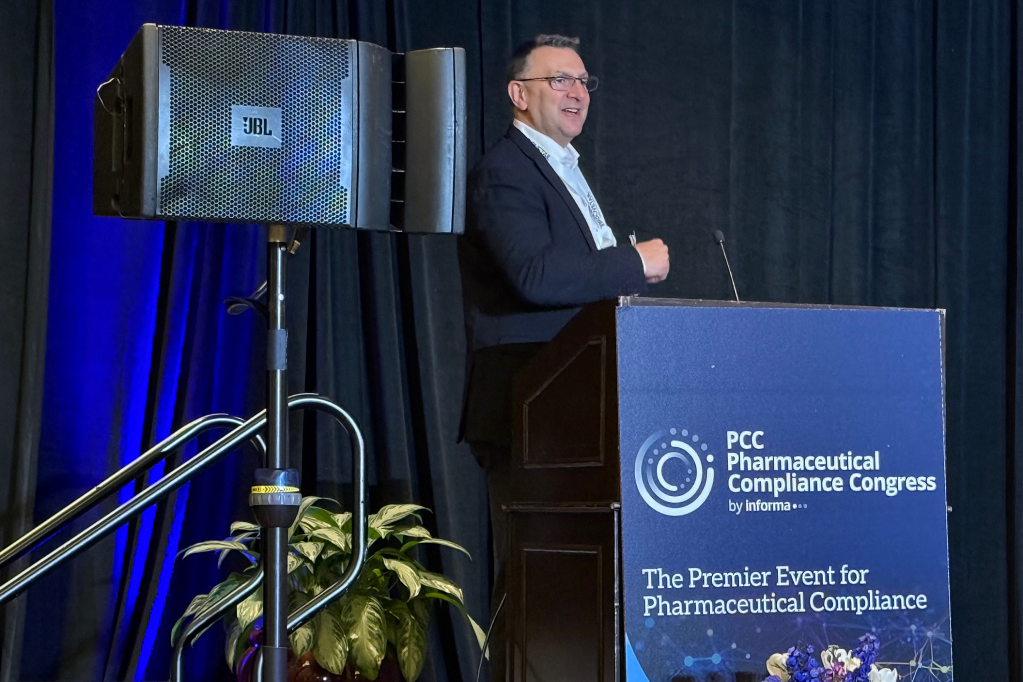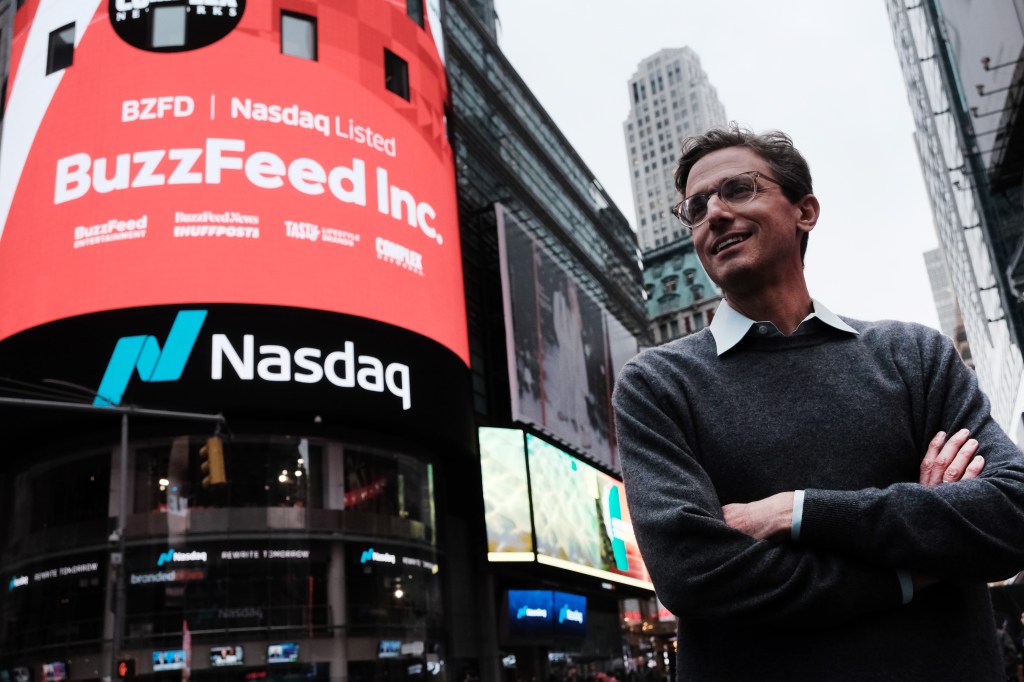Blank-check companies and their acquisition targets in the United States will take on more legal liability for disclosures about projected earnings and other material information under new rules adopted by the SEC yesterday.
The changes target deals involving “special-purpose acquisition companies” (SPACs), which are shell companies that raise funds through a listing with the intention of acquiring a private company and taking it public. Critics say the vehicles allow targets to sidestep the stiffer regulatory scrutiny of a traditional initial public offering (IPO), putting investors in such enterprises at risk.
Enhanced disclosure
SEC Chair Gary Gensler said at the start of Wednesday’s meeting that the rules aimed to bring SPACs more closely in line with IPO rules. “Whether you are doing a traditional IPO or a SPAC target IPO, SPAC investors are no less deserving of our time-tested investor protections,” he said. “Today’s adoption will help ensure that the rules for SPACs are substantially aligned with those of traditional IPOs, enhancing investor protection through three areas: disclosure, use of projections, and issuer obligations.”
The rule would strip SPACs of some liability safe harbors for forward-looking statements. It would also in some cases require that target companies register with the SEC and therefore also take responsibility for investor disclosures about the deal.
“[O]ne simple fact remains the same – the markets, and the people who participate in those markets, value the public registration process”.
SEC Commissioner Caroline Crenshaw
The new rules and amendments require, among other things, enhanced disclosures about conflicts of interest, SPAC sponsor compensation, dilution of share value, and other information that is important to investors in SPAC IPOs and subsequent business combination transactions between SPACs and target companies. The rules also require registrants to provide additional information about the target company to investors that will help investors make more informed voting and investment decisions in connection with them.
SEC officials said that they had made changes to the final rules in light of public comments they had received on the proposal. For example, the agency scrapped a requirement that would have automatically deemed some SPAC IPO participants to be underwriters in the subsequent acquisition.
Instead, the agency will issue guidance on the rules to explain that some participants may qualify as underwriters with legal responsibilities for investor disclosures made as part of that subsequent transaction.
Commissioners weigh in
A divided five-member SEC voted 3-2 to adopt the proposal.
Commissioner Jaime Lizárraga said retail investors are not covered by the same legal protections in SPAC IPOs as in traditional ones, but because the end result is the same in either instance – investment in a public company – it’s reasonable for investors to expect the same level of transparency and substantially similar legal protections.
“We went from 613 SPAC IPOs and 199 de-SPAC transactions in 2021 to 31 SPAC IPOs and 89 de-SPAC transactions last year, under the shadow of our rule proposal”.
SEC Commissioner Hester Peirce
Commissioner Caroline Crenshaw emphasized how, over the past few decades, the SEC has reviewed the public registration process and has engaged in rulemaking related to accessing the capital markets. “Throughout all of those experiences, one simple fact remains the same – the markets, and the people who participate in those markets, value the public registration process. It is the best method we have for valuation of a private company that has not been subject to the rigors of public financial statement reporting, which is a time when the information asymmetry between the company and the investing public is at its greatest”, she said.
In her dissenting statement, Commissioner Hester Peirce said the rule will exacerbate a problem – the shrinking pool of public companies – by closing down one road into the public markets. “We went from 613 SPAC IPOs and 199 de-SPAC transactions in 2021 to 31 SPAC IPOs and 89 de-SPAC transactions last year, under the shadow of our rule proposal,” she said.
(Sidenote: Ernst & Young confirms these stats, noting that In 2023, global IPO volumes fell 8%, with proceeds down by 33% compared with 2022, but the large audit firm expects potential interest rate cuts in 2024 to attract investors back to IPOs.)
Peirce also believes the SEC is removing a potential avenue for bringing small companies into the public market by imposing additional regulatory obstacles on SPACs.
Commissioner Mark Uyeda agreed with Peirce in noting the new rules were likely to inhibit the use of a potentially valuable investing tool. He said that there are (and proceeded to list these out) several areas where the adopting release will actually impose more stringent disclosure requirements on SPAC filings than comparable filings not involving SPACs.
“Left unanswered is why more stringent requirements are necessary if SPACs are to be treated like any other investment vehicle and de-SPAC transactions are to be regulated like traditional IPOs,” he said.
The new regulations will take effect 125 days after they are published in the federal register. SPACs already listed are subject to the prior regulations if they conclude the acquisition in that 125 day transition period.













